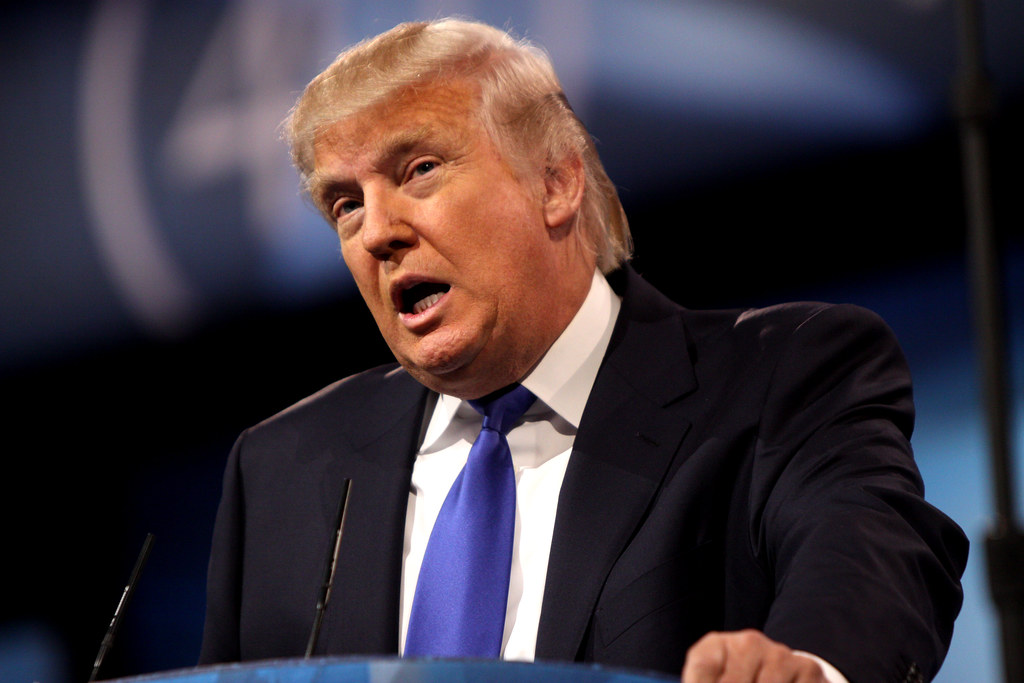Key takeaways:
- Jack Smith ignored critics and treated the Trump case like any DOJ case.
- He chose Florida as the trial site because documents and obstruction acts happened there.
- The Florida trial showed these events were not official acts in Washington.
- Smith had strong evidence of willful possession and obstruction.
- He avoided incitement charges due to high First Amendment standards.
Florida trial: Why Smith picked Florida for Trump’s case
Former special counsel Jack Smith spoke at University College London with former FBI general counsel Andrew Weissmann. After outlining his ICC work, Weissmann asked why Smith brought the classified documents case against Donald Trump to Florida. Smith said he tunes out media noise. Good prosecutors ignore critics and focus on doing work by the book.
He noted that the documents sat in Florida and that two key obstruction acts occurred there. Under venue rules, cases go where the crime happens. Moreover, holding a Florida trial reinforced that these were personal actions outside Washington. That point mattered because it showed the alleged crimes were not “official acts.”
Florida trial: Obstruction and Classified Documents
Weissmann pushed Smith to compare Trump’s case with those of Mike Pence and Joe Biden. Smith said the facts differ greatly. In the Trump case, documents were still classified and active. The person under investigation refused to hand them back. He tried to hide them and even said they were “his” files. That clear willful behavior made obstruction charges possible.
By contrast, Pence had fewer documents. Biden’s papers were over fifteen years old. Neither resisted returning them. Thus, no obstruction acts occurred in those cases. In addition, Smith said he faced almost four times as many documents in the Trump case. The combination of volume, active classification, and hiding behavior made the Florida trial venue obvious.
Broader charge strategy
Smith explained he used statutes with long legal histories. Those laws have clear Supreme Court interpretations. He believed these charges would let him present all key evidence to a jury. He avoided novel counts so jurors would not face confusing debates.
For instance, he left out incitement or insurrection charges. He said courts have tested those laws little. Also, the First Amendment sets a high bar for incitement. He felt he did not need those fights when other charges stood on solid ground.
Tuning out media noise
When critics second-guessed the Florida trial choice, Smith called that noise. He said good prosecutors ignore media chatter and focus on facts and law. Critics do not change evidence, so they should not change strategy.
Smith contrasted that calm approach with one that chases headlines. He stressed that staying on track matters most in high-profile cases.
Ensuring a fair trial
Smith said doing every step “by the book” means treating the Trump case like any DOJ matter. Venue rules rest on where crimes occur. Florida had the clearest ties to both the documents and obstruction acts. Respecting those rules showed the system treats all equally, even a former president. That, he argued, builds public trust.
Conclusion
Jack Smith used venue law, solid statutes, and strong evidence to build his case. He ignored critics and focused on facts. By choosing a Florida trial, he tied the charges to where the alleged crimes happened. He highlighted clear differences between Trump’s case and other document matters. Above all, he showed that a fair, straightforward approach can hold anyone accountable under the law.
Frequently Asked Questions
What is the main reason Jack Smith chose Florida for the trial?
He chose Florida because the classified documents and key obstruction acts happened there, meeting venue rules and strengthening the case.
How did Trump’s case differ from Pence and Biden cases?
Trump’s case involved active classified documents and willful hiding, while the other cases had older files and no obstruction.
Why did Smith avoid charging incitement or insurrection?
He said those charges lack clear legal history and carry a high First Amendment standard, making existing charges strong enough.
What does venue choice mean in a criminal case?
Venue choice decides where a case is tried based on where the crimes took place, ensuring fairness and rule following.
